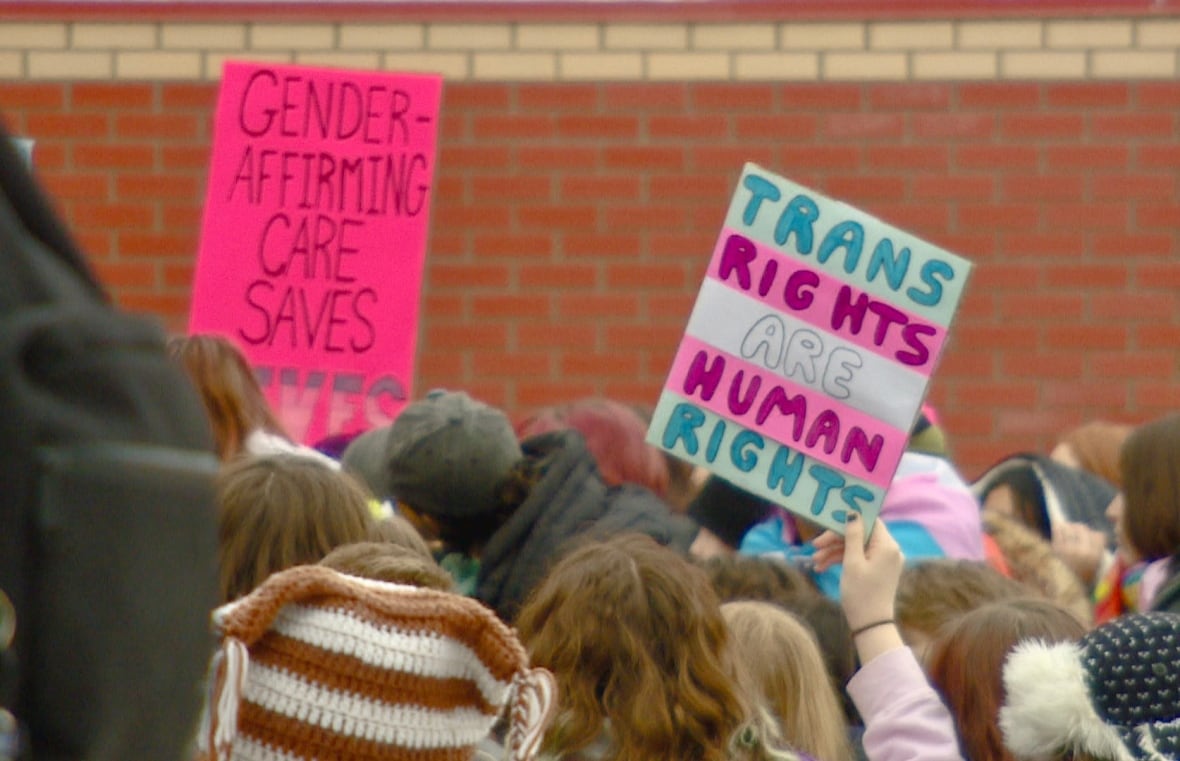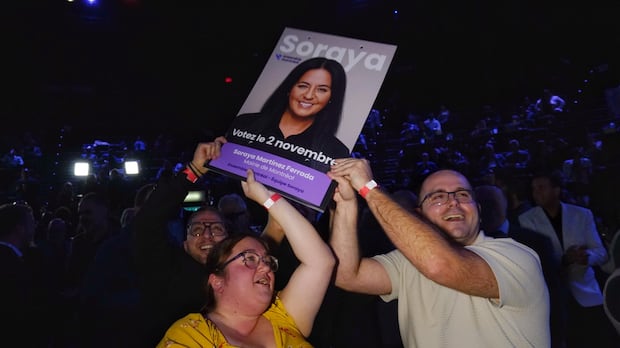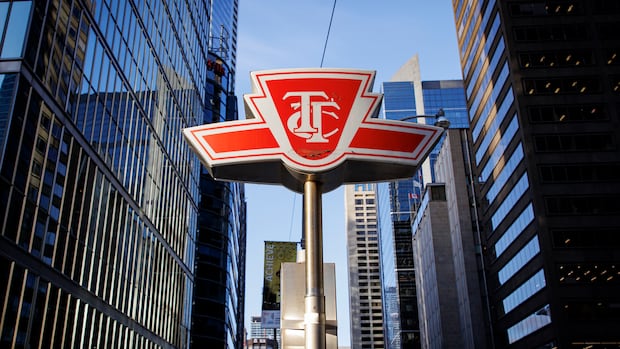A concerted and co-ordinated push by social conservative groups to train candidates and campaigners for upcoming school board elections is raising the stakes in this fall’s municipal elections, with voting day less than two months away.
Groups like Take Back Alberta have actively been courting and training grassroots members since the last municipal election in order to wrest control from trustees they see as too politically progressive around social issues such as 2SLGBTQ+ rights and parental control.
David Parker, executive director of Take Back Alberta (TBA), pointed to low voter turnout and a high proportion of acclaimed school trustee candidates as keys to their success in the Oct. 20 Alberta municipal election.
“People who don’t believe in parental rights need to be driven out of any elected office in Alberta,” Parker said in a July interview with CBC News.
With sometimes small populations, and electors divided into public, Catholic or francophone school board voters, some school boards struggle to attract candidates.
School board election turnouts are hard to calculate, because municipalities may not know how many electors vote for each school board in areas where divisions overlap.
Provincial data shows that in the 2021 municipal elections, of 421 school board trustees elected, 207 were acclaimed to the position. Another six seats were vacant.
The push to influence school boards comes as the province removes the ability of Alberta boards to ditch trustees for code of conduct breaches thanks to legislation passed in spring.
Another group, Parents for Choice in Education (PCE), has also ramped up its workshops for trustee candidates.
Although executive director John Hilton-O’Brien said the organization wants to see better board governance and a wider variety of perspectives represented on boards, an explicit goal of the organization is to get rid of school board policies that prevent teachers from telling parents if a student is attending gay-straight alliance meetings.
“We’ve still got a secrecy policy,” he said. “It’s got to go.”
The escalation of social conservative groups organizing in advance of the elections worries some education organizations with more progressive stances.
Dennis MacNeil is president of the Public School Boards Association of Alberta and a trustee with Aspen View Public Schools — a rural division in the northeast that TBA said it is targeting in the election.
MacNeil said the change to code of conduct legislation is particularly problematic in light of special interest groups recruiting potential trustees with a singular focus.
“If you’re that one-agenda person who is on a board, and your only focus is to be anti-woke, or whatever … that creates a lot of problems for boards,” MacNeil said in a June interview.
“This is seen by some as the government’s attempt to make it more difficult for boards to disqualify those people from trusteeship.”
The legislation passed in the spring to block boards from expelling members due to code of conduct breaches is meant to strengthen democracy, Garrett Koehler, press secretary to Education and Childcare Minister Demetrios Nicolaides, said in a June email.
“The electorate should have the final say on recalling an elected public figure,” Koehler wrote.
Socially conservative trustee recruitment efforts prompted the Alberta Teachers’ Association to start holding workshops for potential trustee candidates earlier than they have in past municipal elections, president Jason Schilling said.
Schilling said the association doesn’t endorse or fund candidates, but encourages people to run who support public education and students’ rights.
He said the rhetoric from some of the socially conservative groups worries him, because all trustees are obliged by law to create safe and caring environments for all students.
“And if you’re not willing to do that, then I don’t believe that you should be running for trustee,” he said.
The Alberta School Boards’ Association, which has 65 Alberta and Yellowknife school boards as members, declined an interview request.
The campaigns
PCE trained potential candidates for the 2021 municipal elections. Candidates have previously formed slates; unions and special interest groups have endorsed and financially backed candidates when the law allowed; and the Wilberforce Project has trained potential trustees who oppose access to abortion.
TBA’s Parker said he’s been interested in organizing around school and library board elections for nearly four years.
Parker said he sees his group’s work as a course correction after progressive-leaning candidates dominated boards for years.
He added his goal is to have local leaders host trustee candidate forums across the province so candidates’ positions and values will be clearer to voters.
Group wants more diversity of perspectives on boards
PCE has expanded its workshops to train prospective school trustees, director Hilton-O’Brien said. It has run day-long training sessions in Edmonton, Calgary and Red Deer so far this year.
Hilton-O’Brien said the organization has offered lessons on how to work as an effective board member, how to run a political campaign and how to tackle multiple issues to people from across the political spectrum.
The workshops are funded entirely by fees from participants. An email advertising the Red Deer workshop promises tools to “influence trustee elections and protect parental rights.”
While MacNeil expressed concern about one-issue candidates struggling with broader governance roles, Hilton-O’Brien said his organization is trying to prevent potential candidates from having one-track minds by emphasizing the importance of diverse opinions around a board table.
However, he said his group is looking for candidates interested in parental rights. He pointed to allegations from people who claim their children were given sexual health information in schools that was inappropriate.
Hilton-O’Brien said his organization isn’t tracking how many of their trainees have registered as school board candidates, nor is PCE trying to organize slates. He is discouraging trainees from running against each other.

Alberta Parents’ Union, which advocates for school transparency with parents, advocated for the government to require school staff to tell parents when a student requests to be addressed by a name or pronouns of a different gender. That policy will become law this September.
The organization, which has critiqued school trustees as ineffective, will be training volunteers to door knock during trustee campaigns, executive director Jeff Park said in an email.
The organization won’t be training candidates or endorsing them, Park said. It will survey candidates and publish results and try to raise awareness about school board elections, he said.
Public education advocate sees conflicts
Heather Ganshorn, research director with the advocacy group Support Our Students Alberta, said the goals of some of these organizations are at cross-purposes with their desire to have like-minded representatives on publicly funded school boards.
She said advocates for “choice” in education want competition, and the ability to take a student’s funding with them to a private school.
“I don’t think everybody has to agree on all the issues to run as trustee,” said Ganshorn, who has authored research articles on the influence of privatization and social conservative advocates on the province’s schools.
“I do think everybody running should be running in good faith.They should be running because they support public education and they want to be part of making it better.”
Counter to Parker’s assertions, Ganshorn said most sitting school trustees are politically moderate and rarely radical.
Conflict on school boards over politically divisive issues may also interfere with trustees’ focus on most parents’ priorities, Ganshorn said.
“I don’t hear other parents talking about some of these contentious social issues that we’ve turned into a political football around transgender students,” she said.
“They are talking about their class sizes. They are talking about their kids’ special needs and the challenges of getting support for those.”
Recall legislation
Since 2019, school boards have had the power to remove elected trustees who persistently violate a board’s code of conduct.
Since then, school boards have disqualified just two trustees — one in Red Deer and another in Peace River. The latter trustee has since been reinstated.
Crystal Owens, chair of the Peace River public school board, said recall is unlikely to be an effective tool for boards where most trustees are acclaimed.
“If the board is going to struggle with any kind of conduct, it’s almost up to the public to be aware of what’s happening,” she said.

It’s a scenario that worries Schilling.
“You could get people in these positions who are making statements that are undermining the safety of people, and I think there should be a way for people to be able to address that,” he said.
If boards are clashing over divisive issues, it could lead to dysfunction and paralysis when making key decisions about school facilities and budgeting and staffing, he said.
“We’re supposed to be talking about what is good for students and teachers and other staff in public schools across this province,” Schilling said.
“I don’t think it’s necessarily an arena where we should be playing politics.”







